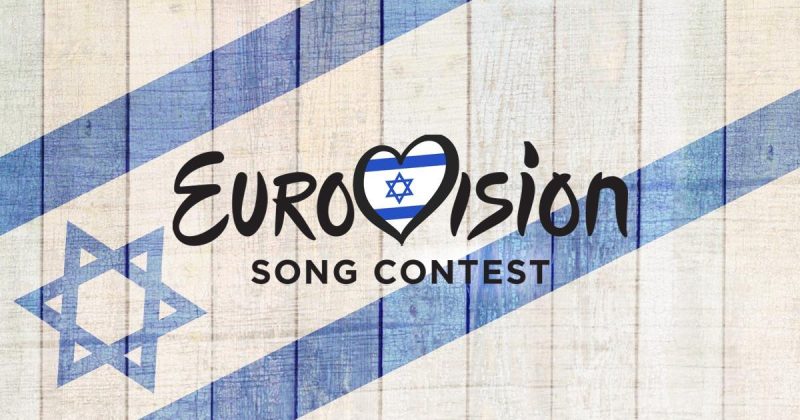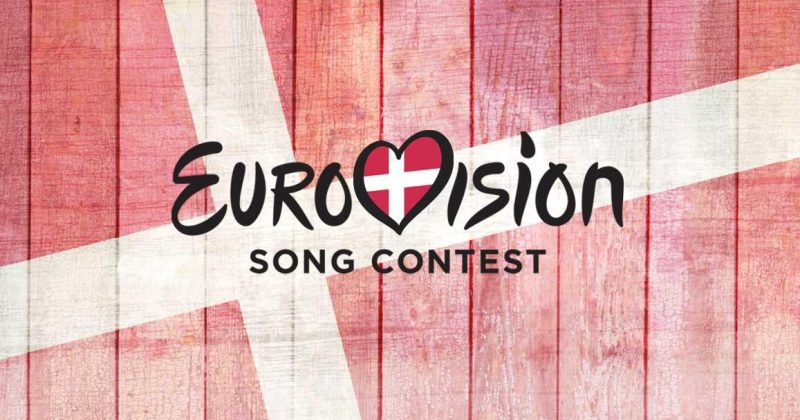
The Albanian national broadcaster RTSH has revealed exciting updates and changes for “Festivali i Këngës 64”, the traditional festival that serves as Albania’s national final.
Albania’s national broadcaster RTSH is in the midst of preparations for the 64th edition of Festivali i Këngës. The traditional festival, which began in 1961, became Albania’s official national final for Eurovision since 2004, the year the country joined the competition. Now, the national broadcaster is unveiling new details designed to enhance and modernize the festival. Despite these format changes, Albania has consistently maintained a distinctive identity in the competition, annually showcasing songs that highlight the country’s cultural style, heritage, and language.
In July, RTSH announced that beloved Albanian singer Elhaida Dani, who represented Albania at Eurovision 2015 in Vienna, Austria with the song “I’m Alive” and placed 17th in the final, would continue to serve as the artistic director of the festival.
Furthermore, in August, Eni Vasili, head of the national broadcaster, revealed the official rules for song submissions. In line with Eurovision regulations, songs must be original and unpublished works. Each entry cannot exceed four minutes in length, and AI-generated songs will not be accepted. All participants must be over the age of 16. Songs must be submitted to [email protected] by September 30th.
Significant Changes in the Festival
According to artistic director Elhaida Dani, the winner will once again be chosen through a combination of jury and public votes, as in previous editions. However, for the first time, audiences will be able to vote via a dedicated mobile application — a step toward greater accessibility and efficiency. Additionally, the festival’s production is set to reach new heights, with an expanded and visually striking stage in honor of the 64th edition. RTSH also confirmed that it will expand the event’s exposure through podcasts and new television programs, bringing the festival closer to the audience.
What Should We Know About “Festivali i Këngës”?
“Festivali i Këngës,” held continuously since 1961, has served since its 43rd edition, ahead of Eurovision 2004, as Albania’s national selection platform for the contest. In recent years, the format has undergone changes: alongside the traditional jury vote, a public voting element was introduced — a move intended to increase public engagement, but one that sparked debates over whether artistic judgment or popularity should prevail. Within the competition itself, it appears that Albania continues to maintain a distinctive identity, consistently sending entries that reflect its style, tradition, and language.
Albania’s Eurovision 2026 Participation at Risk?
Just a few days ago, Vasili, director of the national broadcaster, warned that Albania’s participation in the upcoming Eurovision could be at risk due to financial difficulties. In an interview with the news outlet BIRN, Vasili elaborated on the critical financial situation:
“I thank all parties connected to projects planned for March-June 2025 for their understanding regarding the delay in payments from the broadcaster. Of course, it is not their fault that commitments were promised without the ability to pay. However, this does not make the new management responsible, as it inherited a catastrophic situation of debts and obligations”.
The big question now is whether Albania will be able to participate in Eurovision 2026 in Vienna, Austria as planned, or if it will be forced to withdraw for the first time since its debut in 2004.
Albania at Eurovision 2025
“Zjerm” (in English: “Fire”), performed by the duo Shkodra Elektronike, represented Albania at Eurovision 2025 in Basel, Switzerland. Albania qualified for the final from the first semi-final in second place with 122 points and finished eighth in the grand final with 218 points – 45 from the jury and 173 from the public.
Eurovision 2025: This was Albania’s 21st participation in the Eurovision Song Contest. Albania joined the competition in 2004 and achieved its best result in Eurovision 2012 when singer Rona Nishliu reached fifth place with the song “Suus”.

Email: [email protected]
Phone: +972-50-9441919
Ilay Gaist is a leading Israeli content creator and writer specializing in the Eurovision Song Contest. He is a well-known commentator with extensive expertise in the contest’s history, rules, and dynamics. His passion for Eurovision drives him to deliver rich, professional, and innovative content to his audience.
Ilay holds a bachelor’s degree in Arabic and has a multilingual background. He also engages in cultural research, with a particular focus on global culinary traditions and the evolution of local cuisines around the world.









